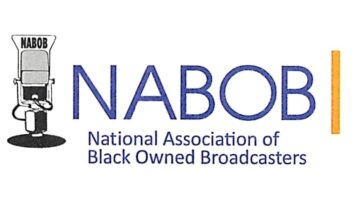Two years of tumultuous negotiations has led the Radio Music License Committee to finally ask a federal judge to decide how much its member radio stations pay Broadcast Music Inc. in licensing fees. The move is likely tied to the expected passage of the Music Modernization Act later this year, observers say.
The U.S. House voted unanimously for the MMA in April and the U.S. Senate Judiciary Committee held hearings on its version of the MMA this month, according to those familiar with developments.
“One aspect of that bill is the requirement that rate court proceedings be randomly assigned to District Court Judges like any other case,” says Kevin Goldberg, a partner with Fletcher, Heald & Hildreth PLC, “as opposed to the current situation where BMI’s cases all end up before the same judge.”
Goldberg, who expects the judge to encourage both parties to continue their discussions seeking an agreement, says the RMLC request for a rate court proceeding is probably the last thing either side wants. “There is every reason to believe that they might still reach an agreement on a new rate at some point.”
[Read: House Passes Digital Music Licensing Package]
BMI for its part sounded less optimistic in its response to the RMLC’s move last week: “As anticipated, the RMLC is trying to use a below-market rate they negotiated with the only U.S. PRO [Performance Royalty Organization] they were able to come to an agreement with; an agreement based on flawed market share data and one that has since been made irrelevant by newly-agreed to and adjudicated rates in the marketplace. We look forward to presenting our position before the court and demonstrating the dominance of BMI’s repertoire.”
Mike Steinberg, executive vice president, licensing & creative for BMI, authored the response and was likely referring to the agreement RMLC reached with ASCAP in 2017, which was generally seen by those familiar with the agreement as generally favorable to radio broadcasters. In addition, an arbitrator last year awarded RMLC represented stations a more than 60% discount off the SESAC rate card through 2018.
Melodie Virtue, a principal with Garvey Schubert Barer in Washington, says the PROs, including ASCAP and Global Music Rights, appear to be pushing for the idea of randomly assigning judges, as the MMA would do. “I’m guessing RMLC would prefer it to be the same judge who historically hears these cases (making a decision).”
The RMLC, which represents some 10,000 commercial radio stations on music licensing matters, hopes to reduce the current BMI rate set at 1.7% of defined net revenue. An interim agreement at that rate has remained in place during negotiations, according to the RMLC.
Observers say that a new RMLC rate agreement with BMI agreement is expected to be retroactive to early 2017 and expire at the end of 2021.
The Music Modernization Act packages together several bills impacting how digital services license music from publishers, observers say, and collect royalty payments for artists. It does not create a performance royalty covering the terrestrial signals of radio broadcasters.







